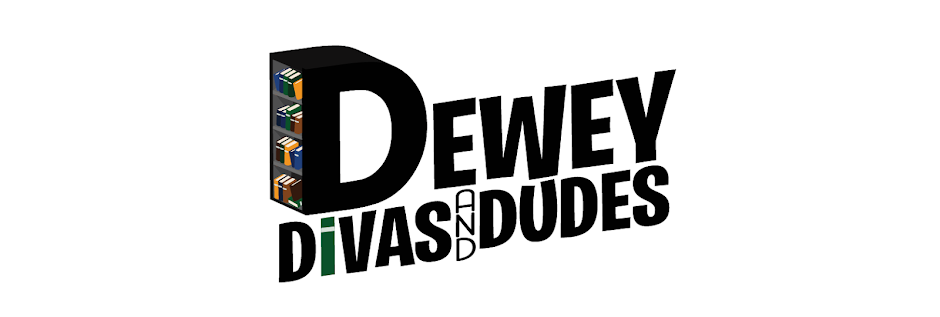Clandestine in Chile by Gabriel García Márquez, translated by Asa Zatz, is the true story, as told to Márquez through hours of interviews, of the six weeks that film director Miguel Littin spent in Chile in 1985, filming a documentary about how his country had changed under the dictatorship of General Pinochet. Littin hadn't been back to his native home in over twelve years and for a very good reason - his name was on a list of exiles forbidden entry. So his task was both dangerous and extremely complicated. He used three different international film crews who weren't aware of the full nature of his project (or of each other), and then by completely changing his physical appearance and accent to impersonate a Uruguayan businessman, complete with false passport and wife, he entered Chile , not once but several times. What made this an engaging and fascinating read, was not only the rather amazing technical planning and choreography involved to pull this project off successfully (the number of passwords and drop-off locations alone were staggering) but Littin's own wry observations on the difficulties - both comic and stressful - of having to look and become this complete stranger. So it reads partly like a spy thriller and partly like the story of an existential crisis. But Littin is a good storyteller and very humble about the arrogant mistakes he made that could have put his friends in great danger. However, the cameras roll, the film is successfully smuggled out, and the only frustration I have now, upon finishing this book, is that I can't find a copy of the documentary anywhere. Its title is Acta General de Chile, and I'll keep looking, because my interest is definitely piqued.
, not once but several times. What made this an engaging and fascinating read, was not only the rather amazing technical planning and choreography involved to pull this project off successfully (the number of passwords and drop-off locations alone were staggering) but Littin's own wry observations on the difficulties - both comic and stressful - of having to look and become this complete stranger. So it reads partly like a spy thriller and partly like the story of an existential crisis. But Littin is a good storyteller and very humble about the arrogant mistakes he made that could have put his friends in great danger. However, the cameras roll, the film is successfully smuggled out, and the only frustration I have now, upon finishing this book, is that I can't find a copy of the documentary anywhere. Its title is Acta General de Chile, and I'll keep looking, because my interest is definitely piqued.
 , not once but several times. What made this an engaging and fascinating read, was not only the rather amazing technical planning and choreography involved to pull this project off successfully (the number of passwords and drop-off locations alone were staggering) but Littin's own wry observations on the difficulties - both comic and stressful - of having to look and become this complete stranger. So it reads partly like a spy thriller and partly like the story of an existential crisis. But Littin is a good storyteller and very humble about the arrogant mistakes he made that could have put his friends in great danger. However, the cameras roll, the film is successfully smuggled out, and the only frustration I have now, upon finishing this book, is that I can't find a copy of the documentary anywhere. Its title is Acta General de Chile, and I'll keep looking, because my interest is definitely piqued.
, not once but several times. What made this an engaging and fascinating read, was not only the rather amazing technical planning and choreography involved to pull this project off successfully (the number of passwords and drop-off locations alone were staggering) but Littin's own wry observations on the difficulties - both comic and stressful - of having to look and become this complete stranger. So it reads partly like a spy thriller and partly like the story of an existential crisis. But Littin is a good storyteller and very humble about the arrogant mistakes he made that could have put his friends in great danger. However, the cameras roll, the film is successfully smuggled out, and the only frustration I have now, upon finishing this book, is that I can't find a copy of the documentary anywhere. Its title is Acta General de Chile, and I'll keep looking, because my interest is definitely piqued. And in my view, the truth is definitely stranger!



No comments:
Post a Comment